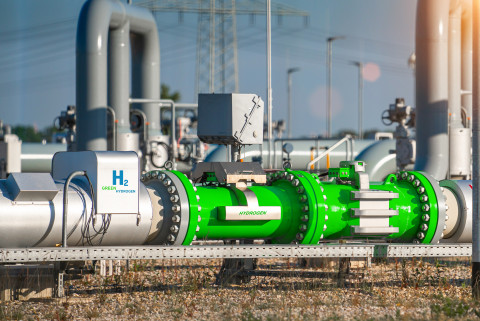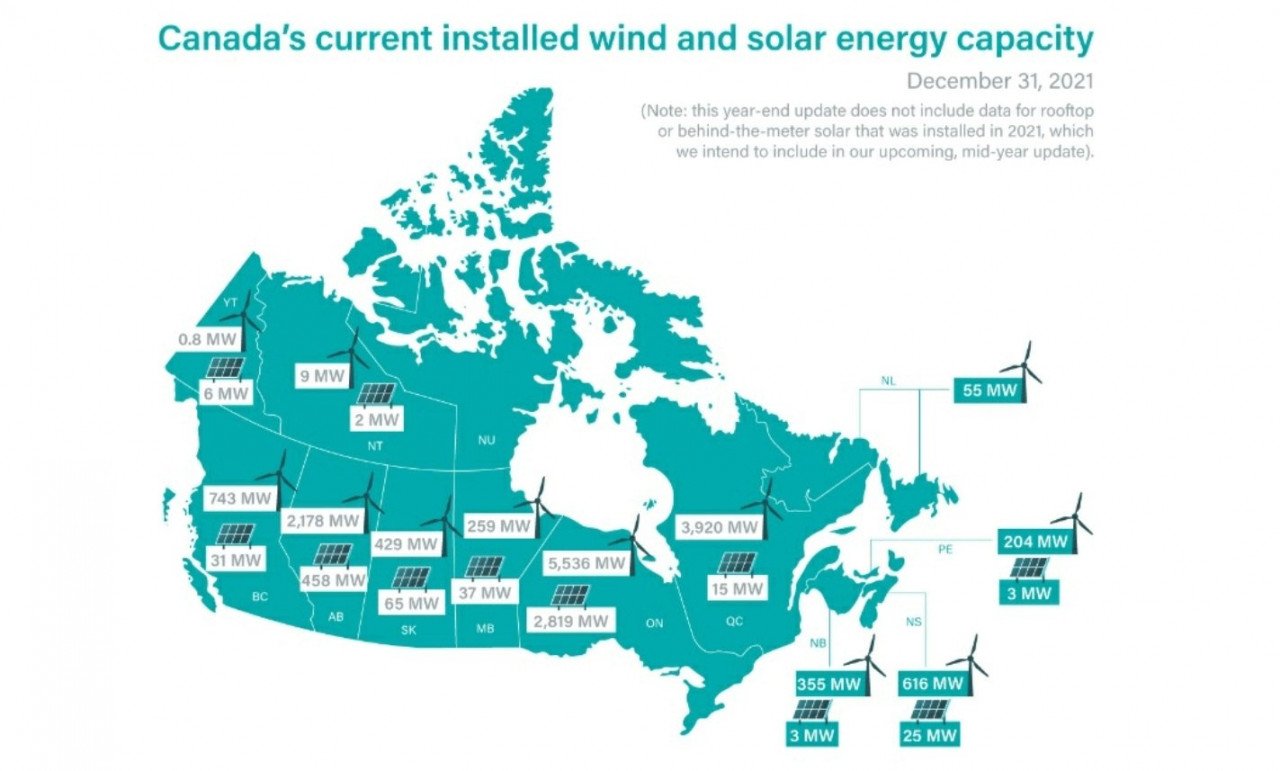Daily Shorts: Canadian satellite to monitor CO2 from space, global treaty on plastic pollution, and more
Canadian emissions tracking company GHGSat launched Vanguard, a satellite that will help monitor CO2 emissions from individual industrial facilities such as coal plants and steel mills from space. Vanguard's data will be available for companies, governments and scientists, and could help to identify individual polluters and hold them responsible for decarbonization. The world already has a network of satellites monitoring methane, which have indicated that emissions of the deadly greenhouse gas are above our estimates. Vanguard's data could do the same with CO2.
Global negotiators are working on a draft to create the world's first-ever treaty to limit plastic pollution, and meetings will get underway this week in Nairobi, Kenya. A legally binding treaty is set to emerge by the end of 2024, but officials haven't decided whether they should limit plastic production or focus purely on management of plastic waste. The UN Environment Programme estimates the world produces about 400 million metric tons of plastic waste a year and recycles less than 10 percent of it. Plus, almost 98 percent of single-use plastics (bottles, packaging, etc) are derived from fossil fuels.
Rivian Automotive is seeking to raise $15 billion to fund an EV manufacturing plant in Georgia, USA. The EV maker had said in 2021 that it was planning a plant in Georgia and that the facility would be opened in 2024. Rivian expects the plant to produce 400,000 EVs a year once fully commissioned. The Amazon-backed company recently raised its full-year production forecast by 2,000 units to 54,000 units, even as rivals Lucid cut theirs. Now, EV maker Fisker has reduced its 2023 production guidance to 13,000-17,000 vehicles instead of the previous 20,000-23,000 vehicles.
China's emissions of greenhouse gases could enter a "structural decline" as early as next year, according to a report. The Helsinki-based Centre for Research on Energy and Clean Air says record installations of new renewable capacity, a rebound in hydropower generation and other factors "all but guarantee" the Middle Kingdom's CO2 emissions will decline next year as the country's reliance on fossil fuel for power generation recedes. China has pledged to peak its emissions before 2030 and become net zero by 2060. Meanwhile, data showed the country's development institutions (which provide loans for foreign projects) did not fund a single clean energy project in 2022, the second year in a row they have abstained.





















